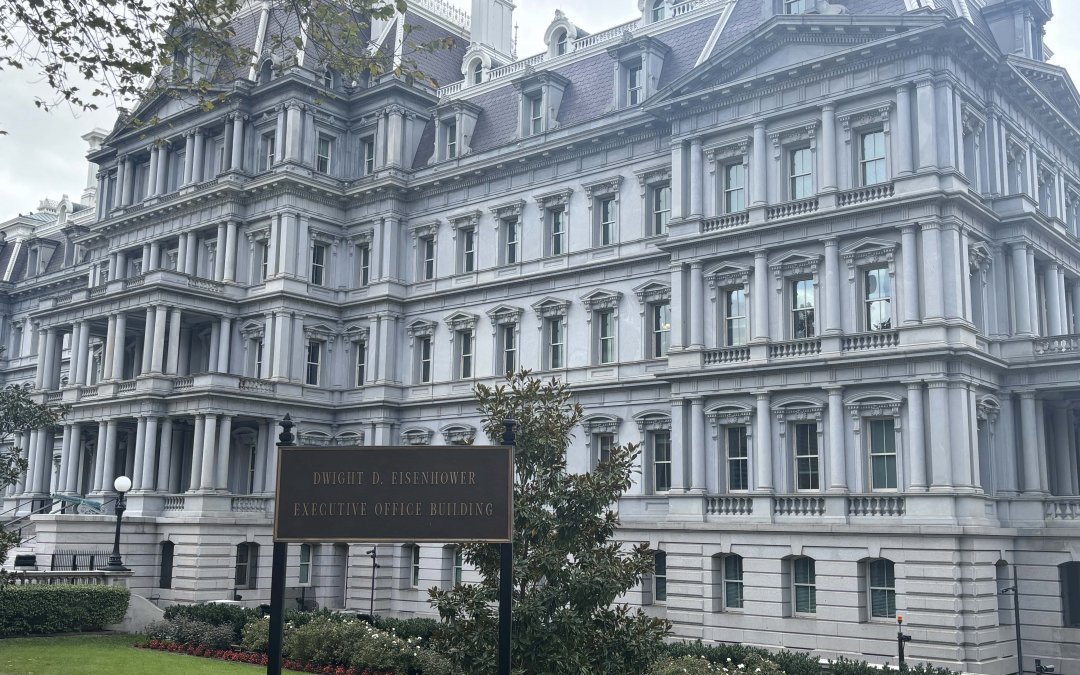WASHINGTON — Nine days into the first government shutdown since 2019, about 750,000 federal employees have been furloughed, and the Trump administration announced Friday that it has begun laying off workers.
Medill News Service spoke with four federal employees at three federal agencies about their experiences during the shutdown. Each of them requested to remain anonymous, since they are not authorized to speak with the press.
“Don’t use us as pawns. We’ve already been treated pretty badly since day one, and that’s the way I see it — you’re still using us as pawns,” said one EPA worker, addressing lawmakers and administration officials. “Federal workers don’t deserve it, so please reconsider what you’re doing and affecting people’s personal lives.”
Several federal workers said they feel like collateral damage — forced to pay the financial price and shoulder the emotional burden for a shutdown they did not cause.
All four employees said the work they do is nonpolitical and that many Americans rely on the services they provide, and they each expressed urgency that the government reopen.
“More than a week into the government shutdown, we are deeply concerned for federal workers across the country,” Doreen Greenwald, president of the National Treasury Employees Union, said in a statement. “Most federal employees live paycheck to paycheck and are a true reflection of the American middle class. The loss of even one paycheck can mean the difference between making a timely mortgage payment or paying for necessary medications or daycare.”
Adding to the concerns of the roughly 2.3 million civilian federal workers, the White House has suggested it could deny back pay to workers and has begun mass layoffs. Both actions are unprecedented and legally contested, and the latter is currently being litigated.
Two of the largest unions representing public employees sued the Trump administration on Sept. 30. They argue agencies cannot proceed with layoffs during a shutdown because that process itself requires funding — the Antideficiency Act prohibits agencies from operating without funding.
Ohio State University Professor Bridget Dooling, an expert in administrative law, said that a shutdown does not grant the president any additional authority to conduct mass layoffs.
Meanwhile, the White House’s Office of Management and Budget has offered a narrow interpretation of a 2019 law, which could threaten back pay for federal employees.
In a memo shared with Medill News Service by a senior White House official, the OMB’s general counsel argues that the Government Employee Fair Treatment Act only requires back pay if an appropriations bill specifically allocates it.
Legal experts have largely excoriated that interpretation, citing the plain language contained in the 2019 law, which they argue guarantees back pay automatically at the end of a shutdown.
“Saying that the government has to take some other step before it can pay federal workers sort of reads a condition into the statute that I think is simply not there,” Dooling said.
The novel interpretation also contradicts guidance issued by the Office of Personnel Management following the law’s passage.
The shutdown has already affected CDC research, NIH grants, air traffic control and more. Social Security payments and other mandatory spending programs will continue, but the staffing shortages caused by the furloughs could cause processing delays across several programs. Additionally, the Special Supplemental Nutrition Program for Women, Infants and Children is running out of money, and several states have paused benefits.
In the meantime, one EPA worker is confident she will still have her job after the shutdown. EPA Administrator Lee Zeldin told a conservative radio host his agency would not accelerate layoffs during the shutdown because the EPA has been shrinking its workforce all year.
An FAA worker, who was furloughed on Thursday, isn’t so sure.
“I don’t know,” he said. “Anything is possible at this point.”

